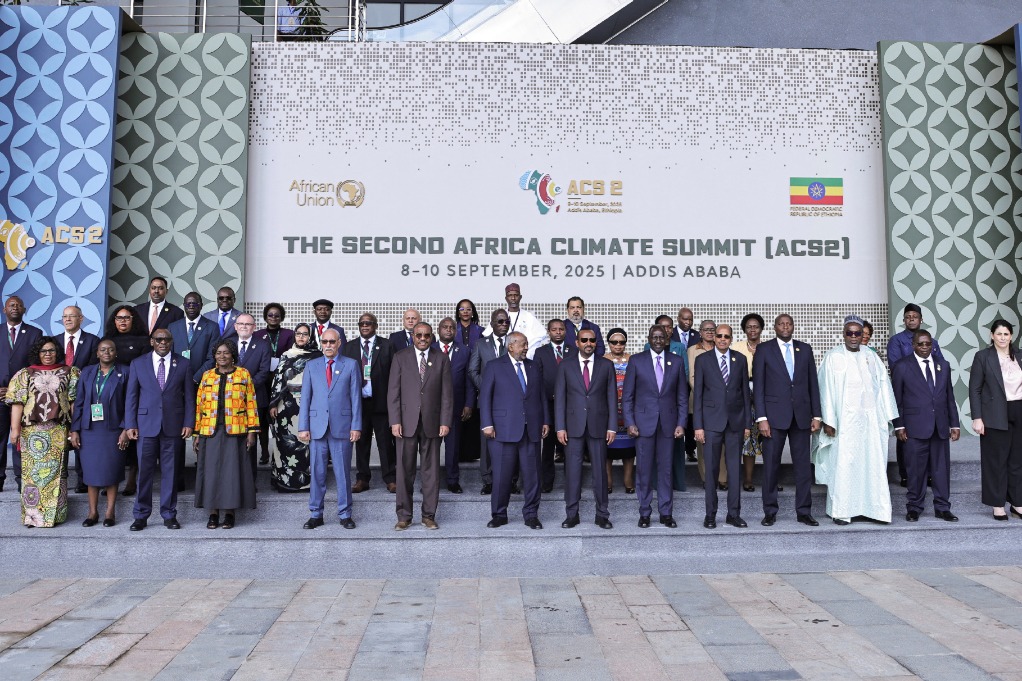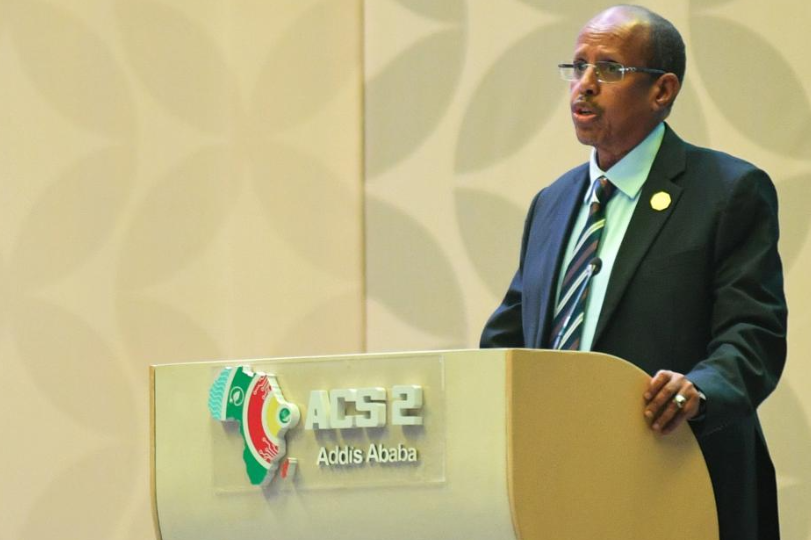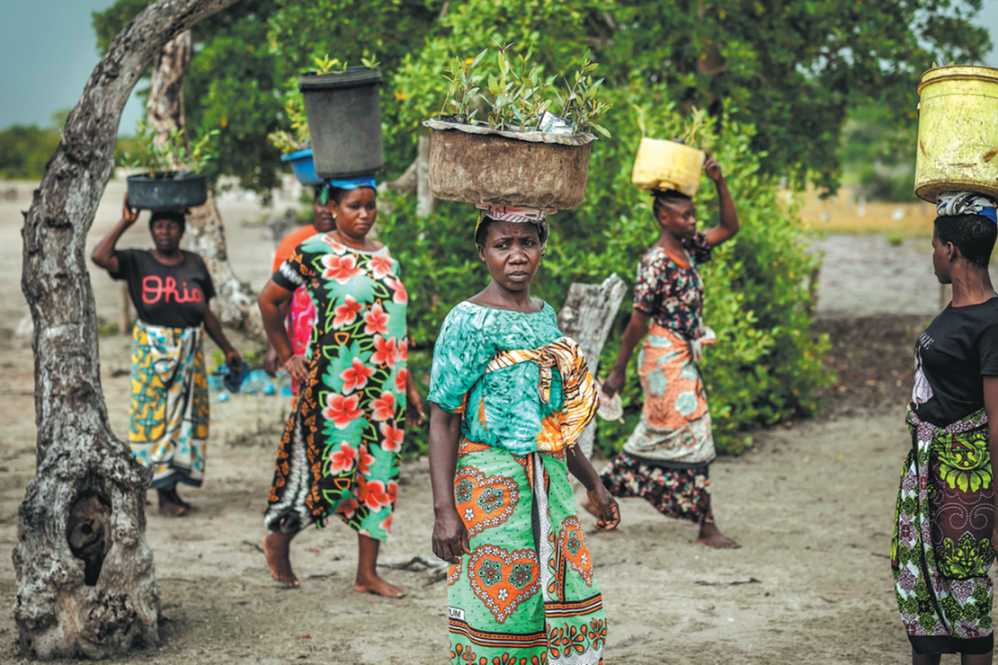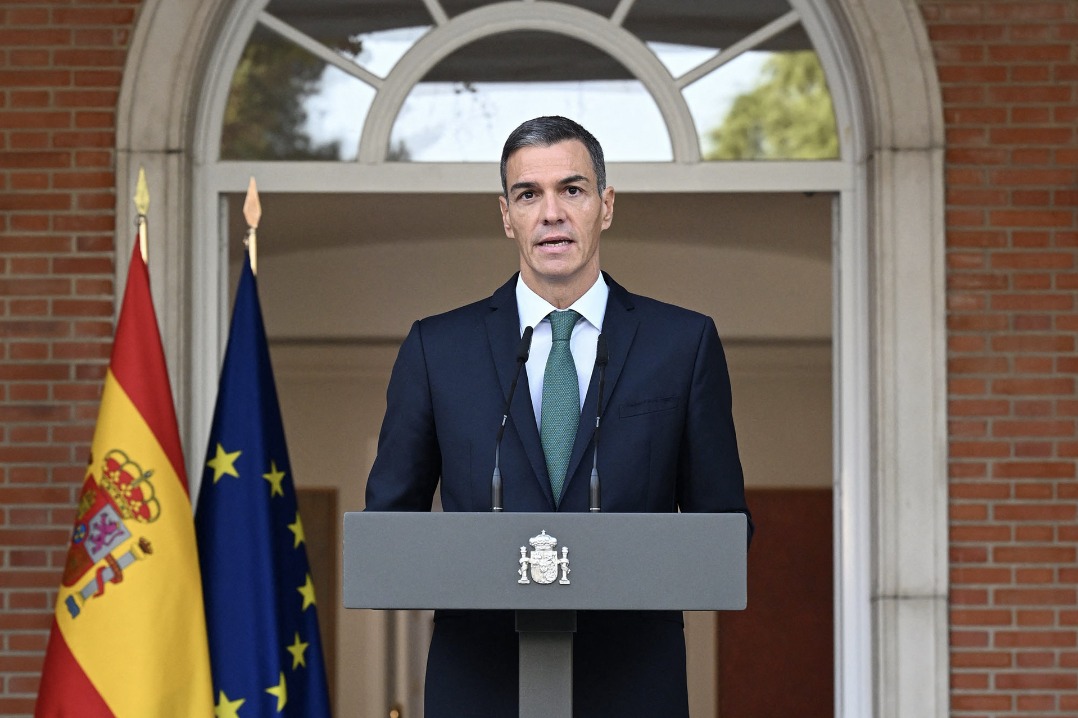France looks for a fifth PM in two years
Government collapses as Bayrou loses no confidence vote over budget plans


France's government has collapsed after centrist Prime Minister Francois Bayrou lost a confidence vote in the country's parliament, the National Assembly, that he himself had called.
Bayrou, who was appointed last December, was toppled by a margin of 364 votes to 194, making it the first time in the history of the Fifth Republic, the current French political system, that a government has been brought down in this way.
The vote was called in a bid to get Bayrou's controversial budget plans passed, as he sought to tame the country's growing national debt, but leaves President Emmanuel Macron with a major political headache over what to do next, and also needing to find a fifth prime minister in less than two years.
After the vote, Bayrou acknowledged his government's demise. "It (the past nine months) was a time of deep happiness," he said in parliament, thanking his ministers before leaving the parliament building.
On Tuesday, as required by the constitution, Bayrou had presented his resignation to Macron, who accepted it and will begin the search to find the next candidate to form another new government, highlighting the country's increasing political instability.
The tensions are palpable on the streets. A protest movement called Block Everything, started online a few months ago, plans a nationwide strike on Wednesday, and aims to bring France to a standstill to protest the government's economic policies. Trade unions have also announced their own separate protest for next week.
"This is the last card," a lawmaker from the political center lamented, adding, "A dissolution of parliament will happen if the new prime minister fails."
President Macron, facing a difficult and crucial decision, has two choices.
The first is to appoint a new prime minister without delay. This person would need to secure a majority in the highly divided National Assembly, or face a predictable political fate.
One option is to form a coalition government with various opposition parties, including the Socialists. However, this is a "tortuous path", according to professor of public law Julien Boudon, who told daily newspaper Le Monde that this would require significant compromise. A second option is to appoint a prime minister who leads a minority government, which would constantly have to negotiate with other parties to pass laws.
An alternative course of action is to dissolve the National Assembly and call for new parliamentary elections. This would be a risky move for Macron, as there is no guarantee his Renaissance party would win a majority. The far-right National Rally is the only major party openly pushing for new elections, hoping to increase its number of seats and secure a majority.
One of the main possibilities being discussed is a cohabitation government. This is a special situation in the French political system where the president and the prime minister come from different political parties. It happens when the president's party does not hold a majority in the National Assembly.
In such a scenario, the president's power over domestic policy is limited, and the prime minister, who is chosen from the opposition, takes the lead on internal affairs. The president's main responsibility then becomes foreign policy and defense.
A Socialist prime minister is an option, but is unlikely. Political analyst Jerome Jaffre noted on France Inter Radio that "asking the opposition to support the government and to be part of its camp is an absolute political nonsense".
Meanwhile, Jean-Philippe Tanguy, a lawmaker from National Rally, told Radio Station RMC before the fateful vote that bringing down a government "is without a doubt sometimes the best solution". The coming days will be critical, as France waits to see what President Macron decides in this unprecedented crisis.
The writer is a freelance journalist for China Daily.
The views don't necessarily reflect those of China Daily.































